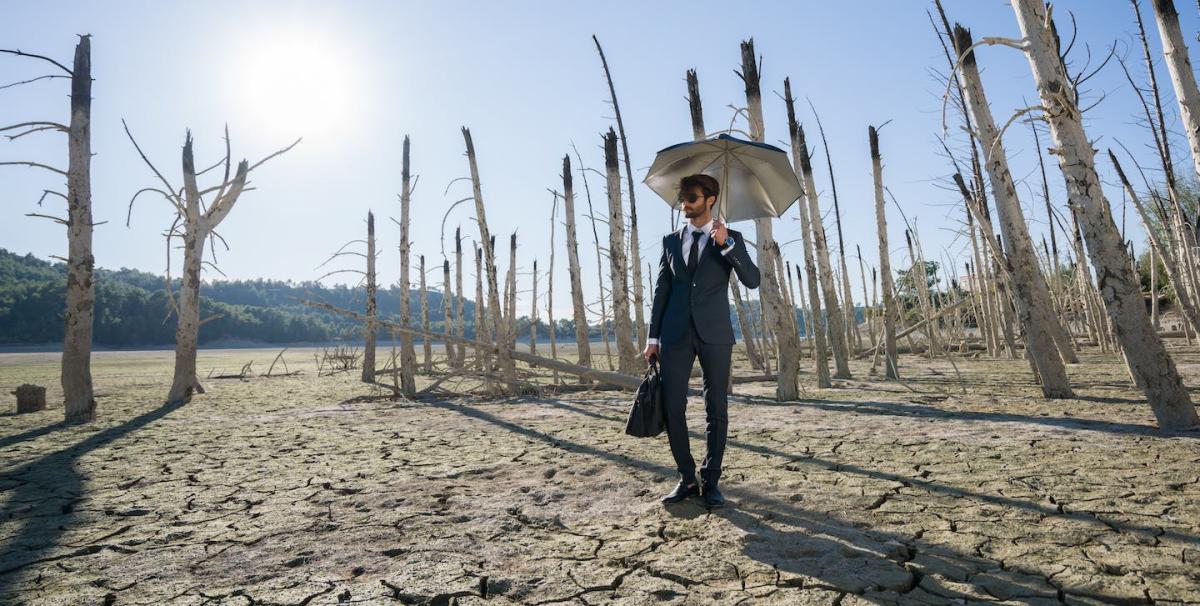Climate Change Impacts Highly Leveraged Businesses, Study Finds
Climate change poses a significant risk to vulnerable populations, and the same holds true for businesses. According to a forthcoming study in The Review of Corporate Finance, highly leveraged companies with excessive debt are particularly susceptible to climate shocks. The study, which analyzed data from over 2,500 publicly listed US companies over 16 years, aimed to understand the impact of climate change on businesses and how stakeholders respond to it.
The study, conducted by professors studying climate finance and corporate governance, along with colleagues from the University of Alberta and the University of South Carolina, focused on examining how climate risk affects indebted companies. The findings revealed that climate change intensifies the costs imposed by stakeholders on highly leveraged firms.
Consumer behavior was a significant factor to consider, as climate change can influence purchasing patterns. Consumers may choose to buy greener products or engage in boycotts. While adapting to evolving consumer preferences can be challenging for all businesses, it is especially difficult for companies burdened with debt. The study demonstrated that highly indebted firms experienced a decline in sales growth of approximately 1.4% on average, two years after facing intense climate change exposure. This translated to an average loss of $59.7 million per company.
Investors also expressed concerns about climate risk. Companies exposed to climate risk face the potential for financial and operational disruptions, which can deplete funds from lenders, especially for companies already burdened with high debt. The study observed a reduction in net debt issuance, totaling approximately $457 million per firm on average, for companies exposed to climate risk. This added hurdle makes it more challenging for indebted businesses to raise capital.
The research emphasizes the asymmetric effects of global warming on businesses, with vulnerable firms bearing the brunt of the impacts. As climate change is predicted to endanger about 2% of global financial assets by 2100, the study underscores the potential risks that already financially shaky companies will face.
Moving forward, the researchers plan to explore how climate change influences firms’ business behaviors, particularly in terms of ethical conduct. Additionally, further research is needed to determine policy incentives that could encourage indebted firms to invest in climate-related innovations.
While climate change may have complex economic effects, such as driving non-viable companies out of business, it is clear that it will significantly impact the future of business. The authors encourage fellow researchers to delve deeper into this subject.
(This article was originally published in The Conversation, a nonprofit news organization, and was written by Huan Kuang and Ying (Cathy) Zheng of Bryant University, who have no affiliations that could benefit from this article beyond their academic appointments.)


